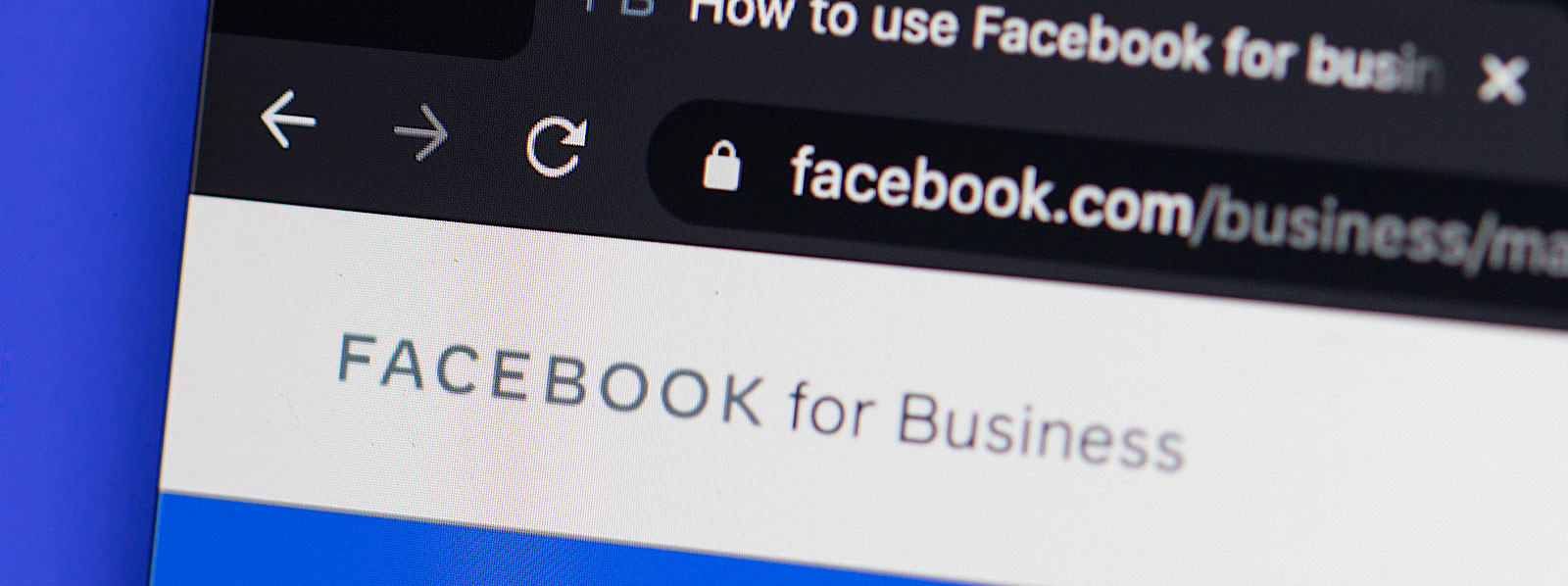Facebook is evolving to accommodate business pages vs. individual profiles. In its latest re-design, Facebook has made a clear distinction between profiles and pages. The bottom line is profiles are now only for individuals and pages are for business. Profiles and pages have different features. In fact there are certain features which are no longer permitted for business pages but are indeed available to individual profiles.
Every business is now rushing to develop profiles on social networking sites and jump start their marketing in Web 2.0. The need to leverage social media for business is a no-brainer at this point, but a company’s effectiveness on Facebook can be hampered if the account isn’t set up properly.
Here are some reasons why your business should be set up as a Page, rather than a standard profile.
The most obvious reason not to use or remain on a Profile would be the unprofessional appearance your business is being represented by when new visitors see it. These people are looking for a business Page to follow not a Profile they need to request to become friends with.
Make sure your ‘business’ is on a Page – not only are you wasting a lot of time and effort in building a presence on Facebook incorrectly but once your brand starts to become more known you are restricted in your marketing methods to grow further or look credible.
Pages Can Have Unlimited Fans.
On Facebook, individual profiles are limited to 5,000 friends, whereas Pages can have unlimited fans (or likes). Once your profile friend list reaches 5,000, Facebook will encourage you to set up a Page, but doesn’t offer a tool to convert your profile to a Page. For that, you’re on your own.
Facebook Says So
According to Facebook’s terms of service, “Profiles represent individuals and must be held under an individual name, while Pages allow an organization, business, celebrity, or band to maintain a professional presence on Facebook.” If your business’ profile gets shut down by Facebook for violating this rule, your friends list will vanish with it.
Pages Offer Analytics and Like Widgets
Two really crucial advantages of administering a Page are user analytics and easily-embeddable Like buttons and widgets.
With the recently overhauled Facebook Insights, you can view all kinds of useful data about user activity on your page, including how many likes and comments you received each day, demographic break-downs and much more. This data can be really useful for understanding the characteristics of your customer base, and knowing which wall posts get the best reaction. This data is not available to individual profiles.
Another thing profiles don’t offer is the means to embed a Like button and other Open Graph plugins into your own site. This is a major setback for businesses hoping to grow their audience on Facebook.
Converting a Profile to a Page is a Nightmare
If you already set up your business on Facebook with a profile, converting “friends” to “fans” is no simple process. The only way to switch them over is to politely ask the friends to do it themselves. This can be accomplished either via status update or by sending them all a message explaining the change and linking them to your new Page.



